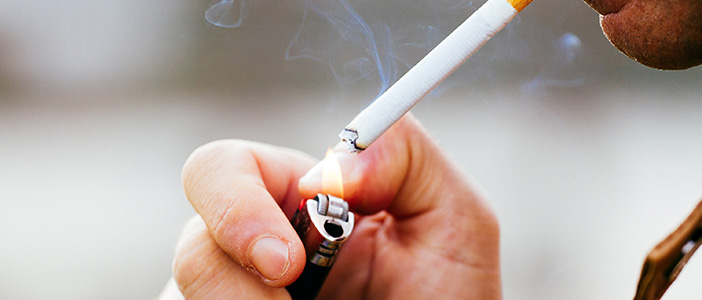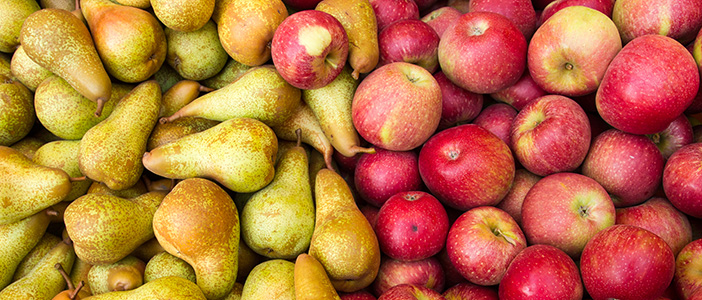Chemotherapy Associated with Oral Health Care Problems
Article Featured on Oral-B
The Bad Side of Chemotherapy
For a number of medically important reasons, it’s important that cancer patients not neglect their dental health.
Chemotherapy, which involves drug treatment to kill cancer cells, can promote a range of oral health problems. The medications used in chemotherapy can promote dry mouth, which can be part of the overall picture of tooth decay.
In addition, chemotherapy drugs can affect the blood’s ability to clot, and patients may experience bleeding gums or be more prone to oral ulcers. Most patients can continue to brush and floss their teeth safely. Your dentist or dental hygienist may suggest a soft toothbrush or soft floss to make tooth care more comfortable during chemotherapy.










